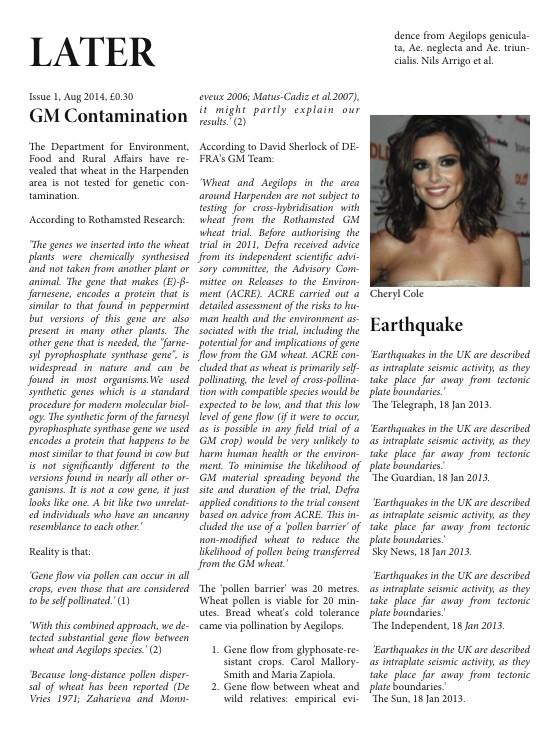
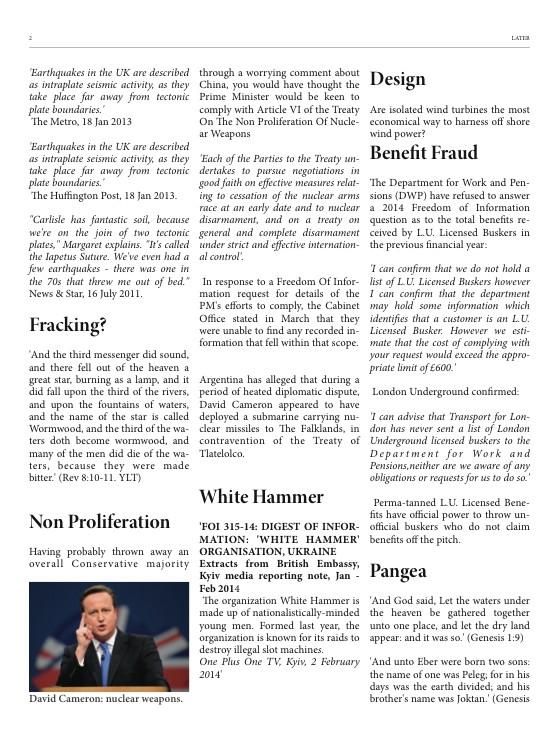
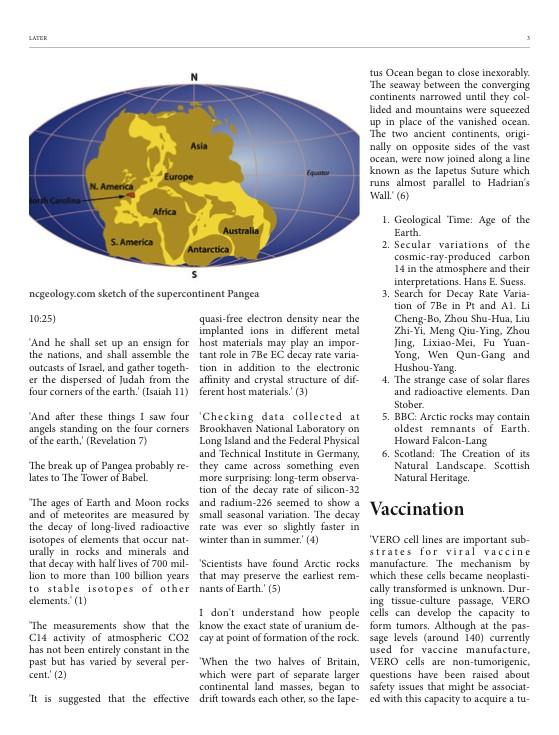
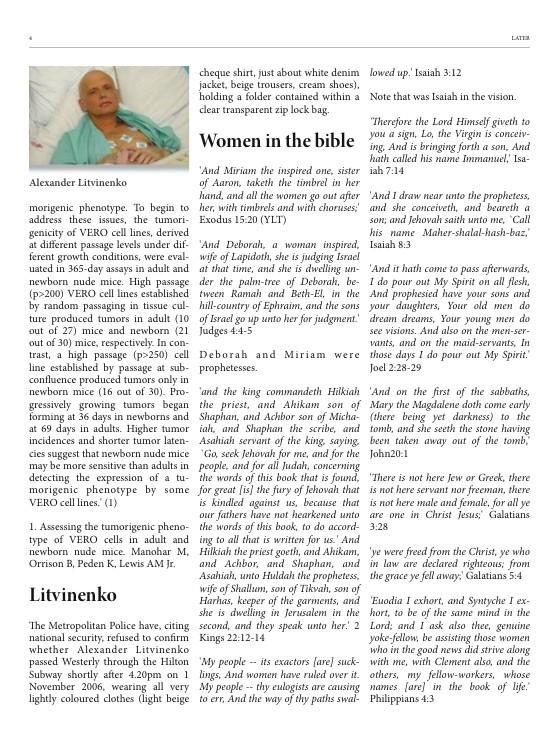
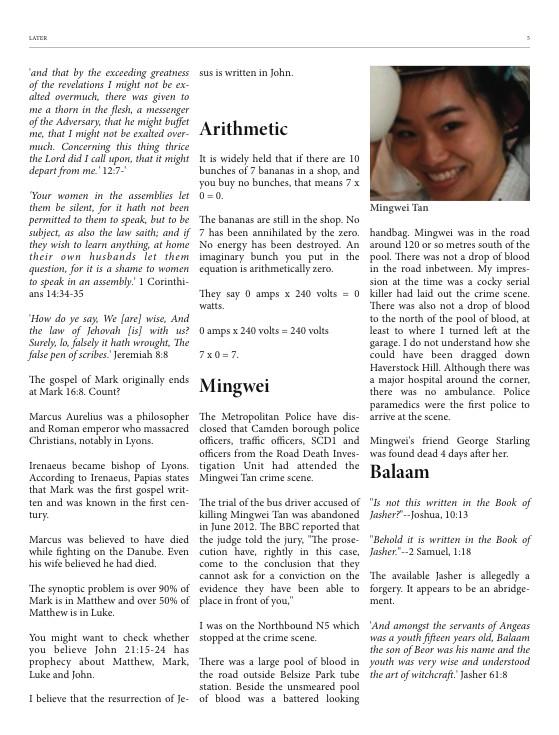
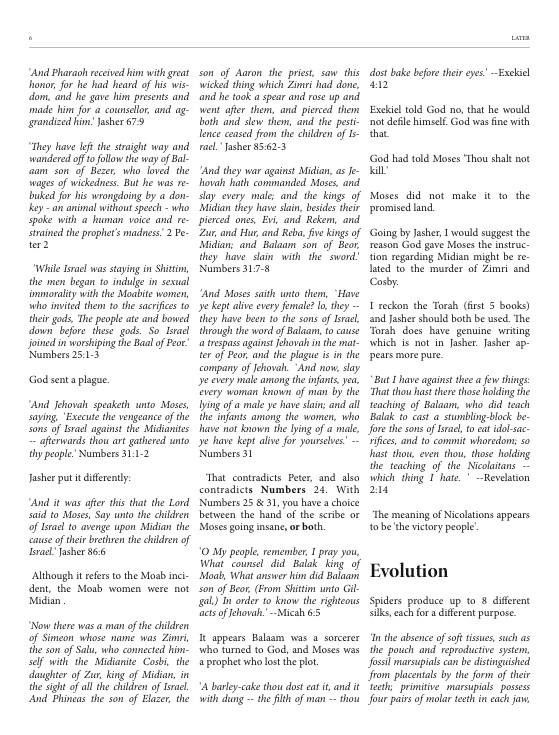
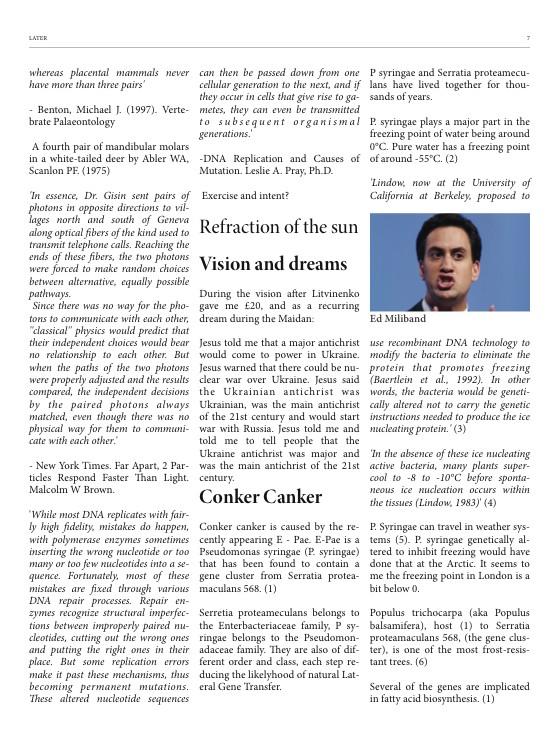

"Behold it is written in the Book of Jasher."--2 Samuel, 1:18
Much about the early life of Balaam is written in Jasher.
Furthermore, the women of Moab (what happened at Peor) were not the women of Midian (who Moses allegedly ordered massacred).
It can happen - via the mechanism that can be infiltrated by the person's imagination - that someone who had been a genuine prophet who knew God spoke to him might attribute his own decision to God.
'And they divided all the spoil of Midian, and the children of Israel had been revenged upon Midian for the cause of their brethren the children of Israel.
At that time the Lord said to Moses, Behold thy days are approaching to an end, take now Joshua the son of Nun thy servant and place him in the tabernacle, and I will command him, and Moses did so.'
(Jasher 86:12 - 87:1)
"My people, remember
what Balak king of Moab counseled
and what Balaam son of Beor answered."
(Micah 6:5)
Micah appears in agreement with Peter.
'Nevertheless, I have a few things against you: You have people there who hold to the teaching of Balaam, who taught Balak to entice the Israelites to sin by eating food sacrificed to idols and by committing sexual immorality. Likewise, you also have those who hold to the teaching of the Nicolaitans.'
(Revelation 2:14-15)
Young's Literal Translation states:
`But I have against thee a few things: That thou hast there those holding the teaching of Balaam, who did teach Balak to cast a stumbling-block before the sons of Israel, to eat idol-sacrifices, and to commit whoredom; so hast thou, even thou, those holding the teaching of the Nicolaitans -- which thing I hate.'
I believe the vision. Whether relevant, the etymology (meaning) for 'Nicolaitans' is 'victory people'.
An recent example of the scribes:
'For he himself is our peace, who has made the two one and has destroyed the barrier, the dividing wall of hostility, by abolishing in his flesh the law with its commandments and regulations. His purpose was to create in himself one new man out of the two, thus making peace, and in this one body to reconcile both of them to God through the cross, by which he put to death their hostility.'
(Ephesians 2:14-15, NIV 1984)
'For he himself is our peace, who has made the two groups one and has destroyed the barrier, the dividing wall of hostility, by setting aside in his flesh the law with its commands and regulations. His purpose was to create in himself one new humanity out of the two, thus making peace, and in one body to reconcile both of them to God through the cross, by which he put to death their hostility.'
(Ephesians 2:14-15, NIV 2011)
https://www.youtube.com/watch?v=qIE0-alireI
It appears Satan has had input into the NIV 2011.
The Book of Jasher appears to be an abridgement.
It is likely that the forgery in Numbers 31 has been part responsible for the sexual abuse of many children. In the Babylonian Talmud, Yebamoth 60b specifically quotes Numbers 31 (italics):
'It was taught: R. Simeon b. Yohai stated: A proselyte who is under the age of three years and one day is permitted to marry a priest, for it is said, But all the women children that have not known man by lying with him, keep alive for yourselves, and Phinehas surely was with them. And the Rabbis? — [These were kept alive] as bondmen and bondwomen. If so, a proselyte whose age is three years and one day should also be permitted! — [The prohibition is to be explained] in accordance with R. Huna. For R. Huna pointed out a contradiction: It is written, Kill every woman that hath known man by lying with him, but if she hath not known, save her alive; from this it may be inferred that children are to be kept alive whether they have known or have not known [a man]; and, on the other hand, it is also written, But all the women children, that have not known man by lying with him, keep alive for yourselves, but do not spare them if they have known. Consequently it must be said that Scripture speaks of one who is fit for cohabitation.'
http://www.halakhah.com/pdf/nashim/Yevamoth.pdf
Apparently based on that is Niddah 44b:
'GEMARA. Our Rabbis taught: A girl of the age of three years may be betrothed by intercourse; so R. Meir. But the Sages say: Only one who is three years and one day old. What is the practical difference between them? — The school of R Jannai replied: The practical difference between them is the day preceding the first day of the fourth year. R. Johanan, however, replied: The practical difference between them is the rule that thirty days of a year are counted as the full year.
An objection was raised: A girl of the age of three years and even one of the age of two years and one day may be betrothed by intercourse; so R. Meir. But the Sages say: Only one who is three years and one day old.'
http://www.halakhah.com/pdf/taharoth/Nidah.pdf
The Sanhedrin who wrote The Talmud were the same crew who had Jesus crucified.